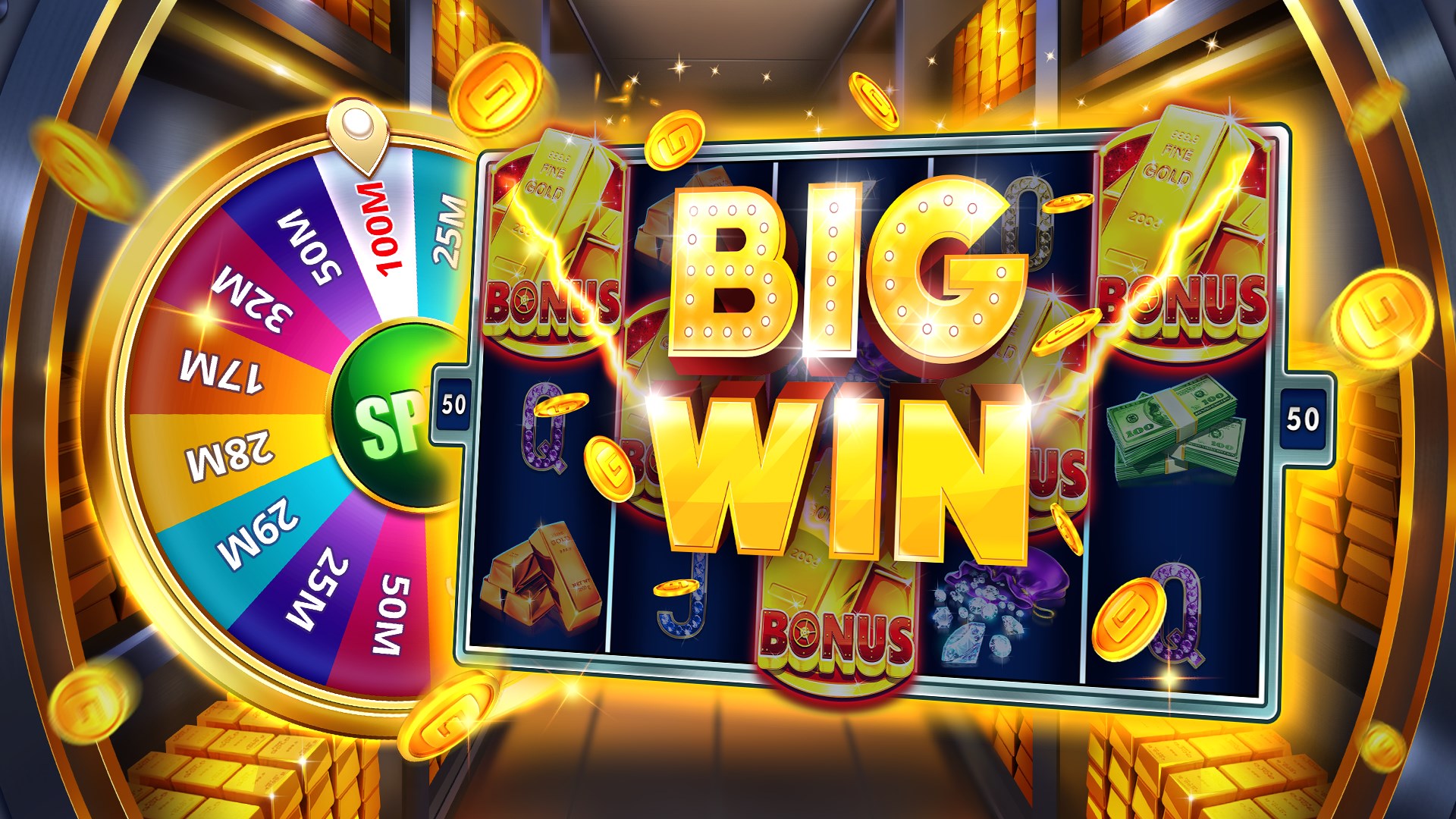A Connection Among Casino Games with Mathematical Concepts
Casino games have fascinated gamblers for decades, luring them into a world of adventure, chance, and prosperity. From the sparkling lights of slot machines to the tactical intensity of poker tables, these activities offer a distinct blend of entertainment and exposure. However, beneath the surface of this sparkle and glamour lies a sophisticated interplay of math that influences every outcome and action made within the gaming hall.
Understanding this relationship between gaming activities and numerical principles not just boosts the gambling experience but also can help players make wise selections. Whether you are a occasional gambler or a avid enthusiast, recognizing the mathematical principles at play can offer important insights into probability, odds, and tactics, ultimately influencing how one approaches these games of luck.
Statistical Probability in Gambling
In the sphere of gambling games, statistical probability plays a vital role in determining results and informing player choices. Each game has a unique set of rules and a particular probability model that influences its mechanics. For example, in activities like roulette, players must grasp the odds of landing a specific digit or shade. The probability of certain events happening can be computed, and this understanding can significantly influence betting tactics.
Players also need to be aware of the house edge, which is the statistical benefit that casinos hold over gamblers in the long term. This edge varies across different activities. In 21, expert players can use strategies to minimize the casino edge to as little as 1 %, while in games like slot machines, the casino advantage can be much higher. Comprehending the casino edge allows gamblers to make wise decisions about which games to play and how much to bet.
Furthermore, probability is fundamental in the concept of risk versus gain in betting. Every wager carries a particular risk level, and gamblers must assess the potential payout against that danger. Activities like poker require gamblers to not only assess the odds of their personal showing winning but also to evaluate the probabilities of their opponents' showings. By applying mathematical principles to their gameplay, gamblers can boost their chances of winning and engage more effectively in the exciting world of gambling games.
Expected Worth in Casino Activities
When talking about gambling activities, one of the basic ideas rooted in mathematics is the expected value. This statistical metric helps gamblers grasp the potential outcomes of their bets over time. In simple terms, anticipated value (EV) determines the average amount a player can anticipate to gain or suffer per bet if they were to play the game many times. Each game has its unique EV, influenced by the odds and the house edge, which indicates the advantage that the casino holds.
For example, think of a activity like roulette. The anticipated value can be calculated based on the particular bet placed. If a gambler bets on a individual number, the return is 35 to 1, but the actual chances of success that bet are 1 in 37 (in Euro roulette). This results in a detrimental expected worth, showing that, on average, players will lose money over a period when playing this type of bet. Grasping this idea allows gamblers to make more educated choices about which activities and bets may be less advantageous.
Additionally, the investigation of expected worth can lead to improved money management. Gamblers who understand the math behind their games are often able to set practical expectations. By recognizing their potential losses and gains, they can modify their playing strategies accordingly, which may enhance their overall gaming experience overall. As a consequence, expected value serves as a critical resource for both novice and experienced players to navigate the often unpredictable character of casino activities.
Tactics and Probabilities: The Mathematics Behind Winning
In casino games, comprehending the probabilities is essential for participants looking to enhance their opportunities of success. Each game has its own specific set of probabilities that dictate winning performances, and these figures are often found in the gaming guidelines or payout tables. For case, in games like 21, gamblers can improve their probabilities through methods such as card counting, which depends on mathematical principles to gain an advantage over the casino. trang chủ jbo By educating themselves with the probabilities, participants can make more educated determinations on when to wager and when to fold.
Moreover, the concept of expected outcome holds a significant role in gambling strategies. Expected value calculates the mean outcome of a stake over time, allowing participants to assess whether a particular stake is valuable taking. For instance, video slots have a fixed payback percentage, which can indicate the average return a player can look for on their wagers. By opting for activities with higher average outcomes, players can reduce the house edge, enhancing their future winnings in the future.
Lastly, successful participants often employ a mix of luck and math strategy to boost their gaming experience. While luck is uncontrollable, managing a wagering approach based on math insights can lead to more advantageous situations. By utilizing techniques such as budgeting and choosing games, participants can leverage mathematics to navigate the random nature of gambling activities, making the most of their efforts and investments at the casino.

